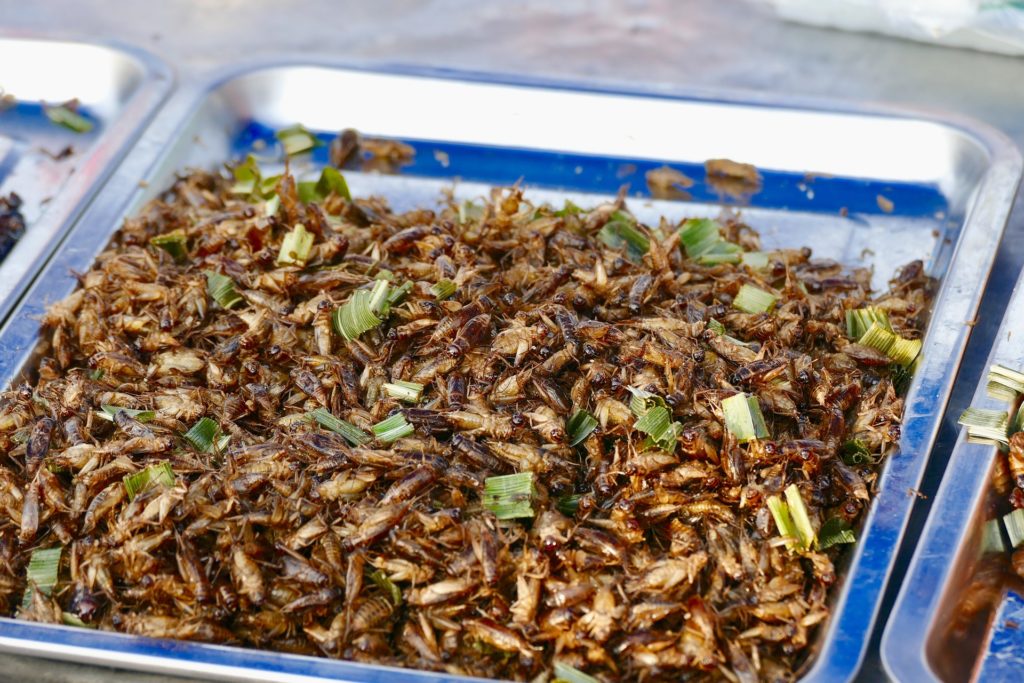Putting bugs on the menu, safely
The thought of eating insects might be metaphorically stomach-turning for many, but new Edith Cowan University (ECU) research has found it could potentially make some people genuinely sick, shedding light on allergy-causing proteins which could pose serious health risks for those who suffer from a shellfish allergy.
The research identified 20 proteins found in cricket food products which could cause serious allergic reactions in some people. The project was led by Professor Michelle Colgrave from ECU’s School of Science and the CSIRO. However, Professor Colgrave points out that crickets and other edible insects could also be the key to feeding the estimated 9.7 billion people that will be living on Earth by 2050.
“More than two billion people around the world already eat insects on a daily basis, and they could be a sustainable solution, providing protein that complements traditional animal-based protein sources,” the professor says. “Crickets are high in protein, nutrient-dense and considered environmentally friendly.
“Numerous studies have shown eating insects provide benefits to gut health and lowering blood pressure while being high in antioxidants.”

Insects might cause a strong reaction
While insects show promise as an alternative protein source, and are identified by rural research and development corporation Agrifutures as a high-potential emerging industry, their allergenic properties are a concern that needs to be addressed.
As the world looks for novel, more sustainable forms of food, consideration must be paid to those with allergenic properties, and that’s where Professor Colgrave’s research fits in.
“This research showed a significant overlap in allergenic proteins found in cricket food products and those found in shellfish like crabs and prawns,” Professor Colgrave says. “That’s because crickets, mealworms and other insects are closely related to crustaceans.
“Shellfish allergies affect up to three percent of people, but varies according to age and region, and there’s a good chance that people allergic to shellfish will also react to insects.”
Being an allergen doesn’t prevent insects being used as a food source, but it does mean that insect-based foods will need to be tested and labelled correctly to ensure that people with allergies don’t unwittingly eat them.

Breaking down the bugs
The research team from ECU, CSIRO, James Cook University and Singapore’s Agency for Science Technology and Research compared proteins from whole crickets, roasted whole crickets and roasted cricket powder products to known allergens.
Their results can now be used to detect cricket-derived allergens in food products that can support allergen labelling and safe food manufacture in the future.









